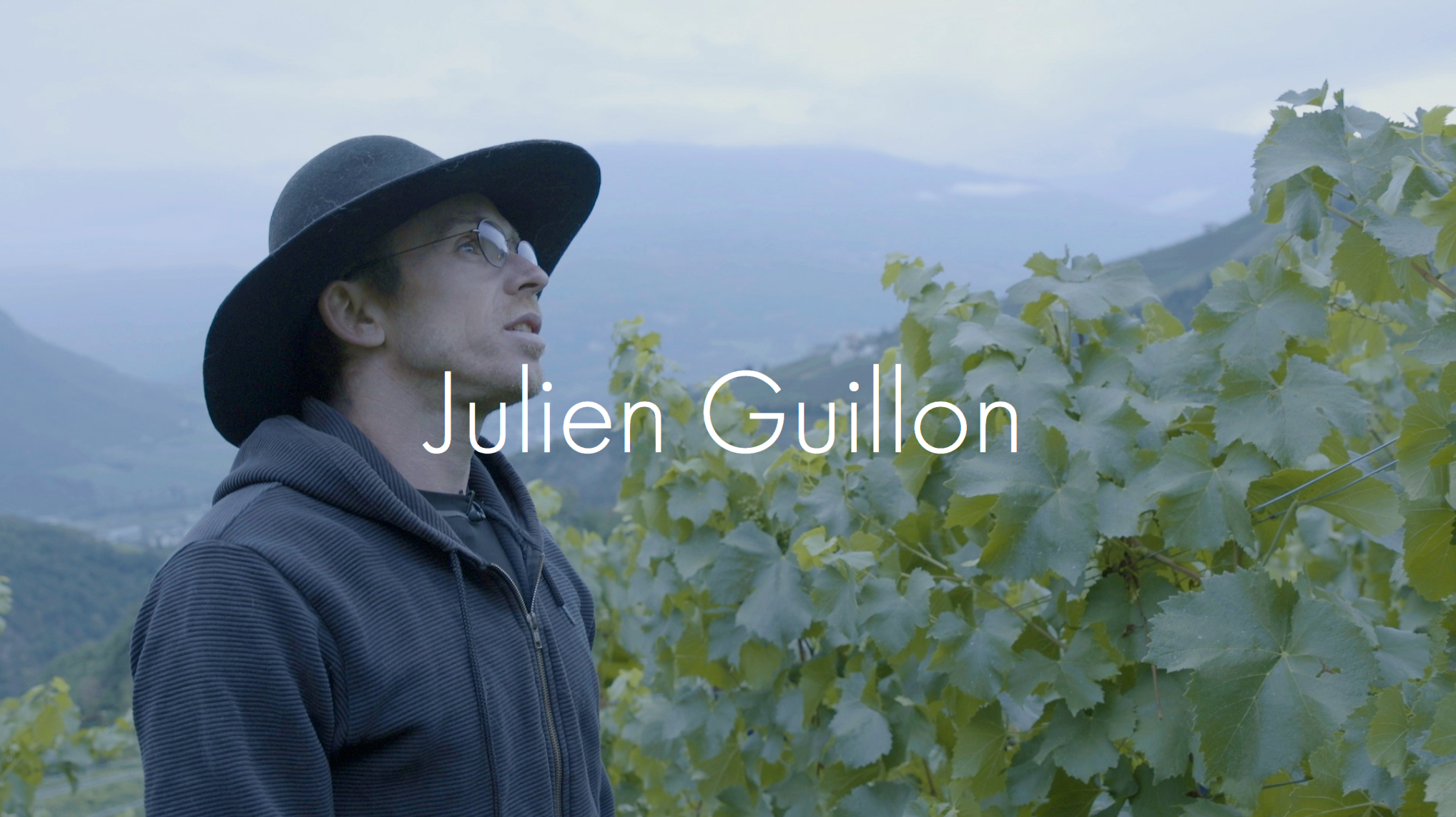Julien will tell you that he was literally born into his current vocation (his birthday is in September, under the sign of Bacchus). His journey towards his own vineyard started when he was only five years old, helping his brother harvest grapes in Gevrey. He later studied viticulture in Beaune, France and then returned to Geneva where he worked at Cave 20G, a wine cellar in Carouge, Switzerland. It was there he was introduced to the joy of natural wines.
Julien later left Geneva to open a natural wine bar in Valais, but naturally ended up working in the vineyards. In 2017, he started with 1HA in Ayent and by 2018 he had a total of 3.5H, including a 2.3H parcel at 900 meters in altitude where he produced his first vintage. He has since expanded close to the forest and a natural water stream, with three vineyards under his care, a grand cru parcel, and between 3,000 and 4,000 olive trees that began being planted last year.
RUDOLF STEINER METHOD - BIODYNAMIC
Growers of natural wines recognise that a perfect pour begins with a dynamic microbial community in the soil. While we might not be able to see these lifeforms with the naked eye, they are responsible for shaping the character of each and every bottle—communicating the unique terroir and imbuing them with a “taste of place.”
If vineyards are to protect and enhance the soil’s microbiology and ensure natural wines can survive without the crutch of sulfites and additives, they must be treated with utmost care. Domaine Julien Guillon is Demeter certified, which means each vineyard is managed in accordance with the highest standards of biodynamic viticulture.
As the Demeter Farm Standard describes: in “day-to-day practice, the goal is to create a farm system that is minimally dependent on imported materials, and instead meets its needs from the living dynamics of the farm itself. It is the biodiversity of the farm, organised so that the waste of one part of the farm becomes the energy for another, that results in an increase in the farm’s capacity for self-renewal and ultimately makes the farm sustainable. This requires that, as much as possible, a farm be regenerative rather than degenerative.”
Julien’s vineyards are managed as living organisms, complex and interconnected systems that require careful attention and stewardship, not pesticide dumps from helicopters. The effort is tremendous, but the reward is the vibrant life present in every square inch of Domaine Julien Guillon, which can be tasted in every bottle.
